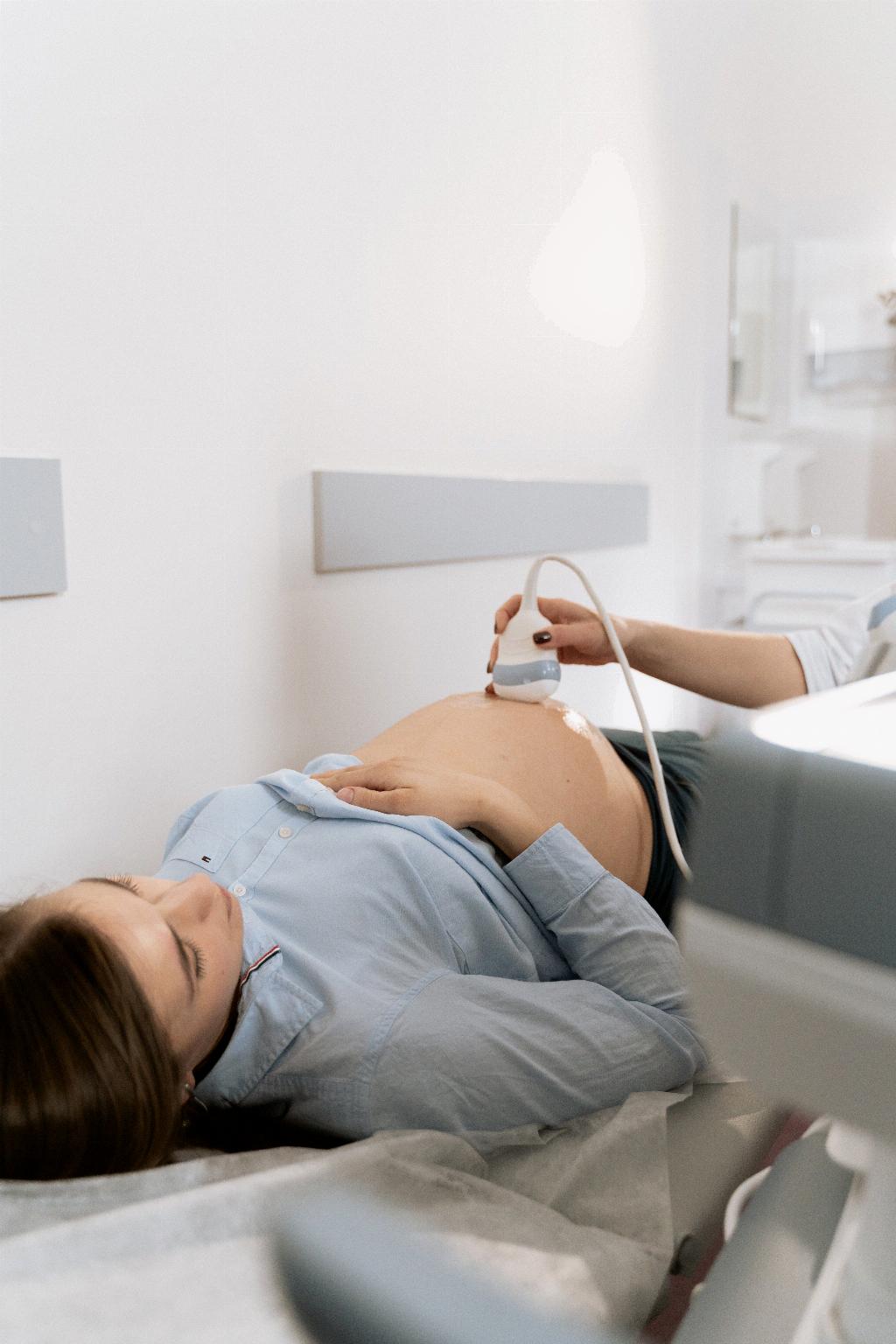High blood pressure, also known as hypertension, is a common condition that can affect pregnant individuals. When it comes to monitoring blood pressure during pregnancy, healthcare providers use a variety of methods, including blood tests, to assess the health of both the mother and baby.
One key test that is often performed to determine high blood pressure in pregnancy is a blood test. This test is crucial in evaluating the functioning of vital organs such as the liver and kidneys, as well as measuring blood platelet levels, which are essential for blood clotting.
During pregnancy, high blood pressure can be indicative of a condition called preeclampsia. This serious condition can lead to complications for both the mother and baby if not monitored and managed carefully. Blood tests play a significant role in detecting signs of preeclampsia early on.
When it comes to determining what is considered high blood pressure in a pregnancy blood test, healthcare providers typically look at specific values obtained from the blood sample. These values can provide important insights into the overall health of the pregnant individual and help guide treatment decisions.
The results of the blood test, particularly relating to liver and kidney function, can indicate how well these organs are coping with the increased demands of pregnancy. High blood pressure can put added stress on these organs, making regular monitoring essential for early detection of any issues.
Additionally, blood tests that measure blood platelet levels are critical in assessing the risk of excessive bleeding or clotting disorders during pregnancy. Abnormal platelet levels can indicate potential complications that need to be addressed promptly to ensure the safety of both the mother and baby.
It is important for pregnant individuals to attend regular prenatal appointments where blood pressure and other vital signs are monitored closely. These appointments provide opportunities for healthcare providers to assess the need for further blood tests and other diagnostic procedures to ensure a healthy pregnancy.
If high blood pressure is detected during pregnancy, it is essential to work closely with a healthcare provider to manage the condition effectively. This may involve lifestyle modifications, medication, or other interventions to help maintain blood pressure within a safe range.
By staying proactive about monitoring blood pressure and following healthcare provider recommendations, pregnant individuals can help reduce the risks associated with high blood pressure during pregnancy. Regular blood tests play a crucial role in this process, providing valuable information for informed decision-making.
In conclusion, high blood pressure in pregnancy blood tests serves as a vital tool in assessing the health and well-being of both the expectant mother and her baby. By understanding what is considered high blood pressure in pregnancy blood tests, individuals can take proactive steps to ensure a safe and healthy pregnancy.

